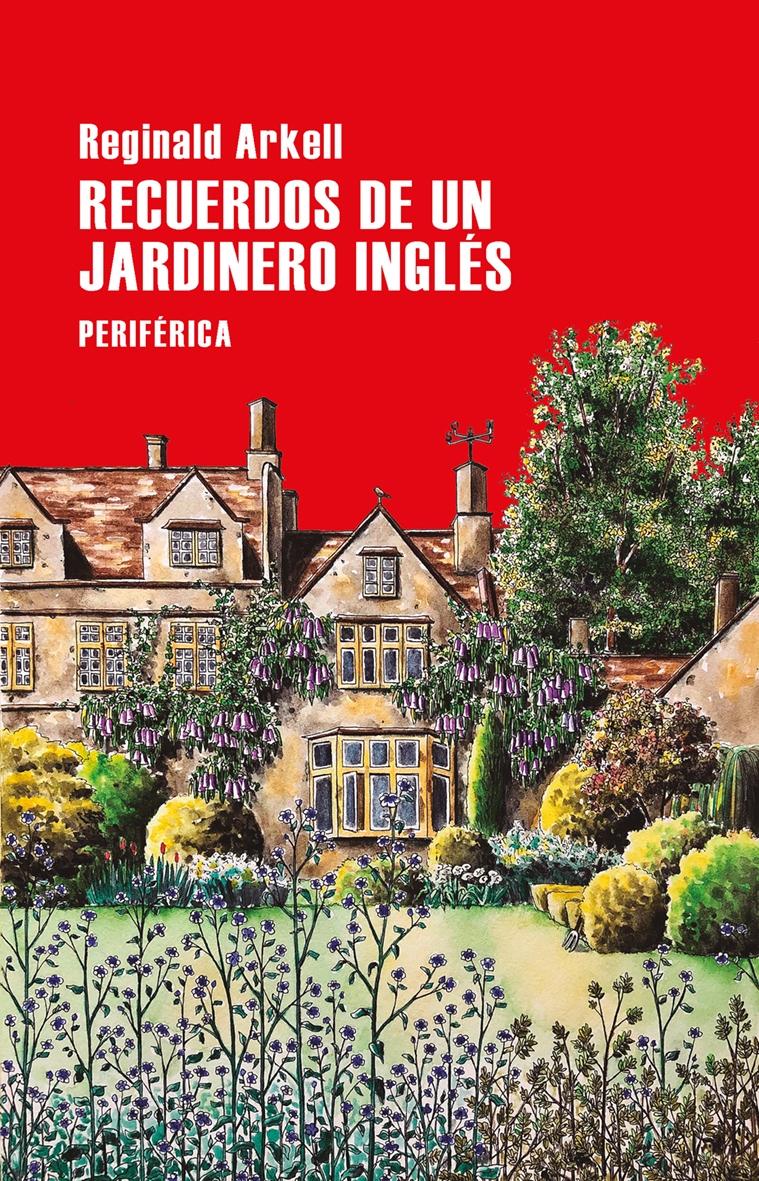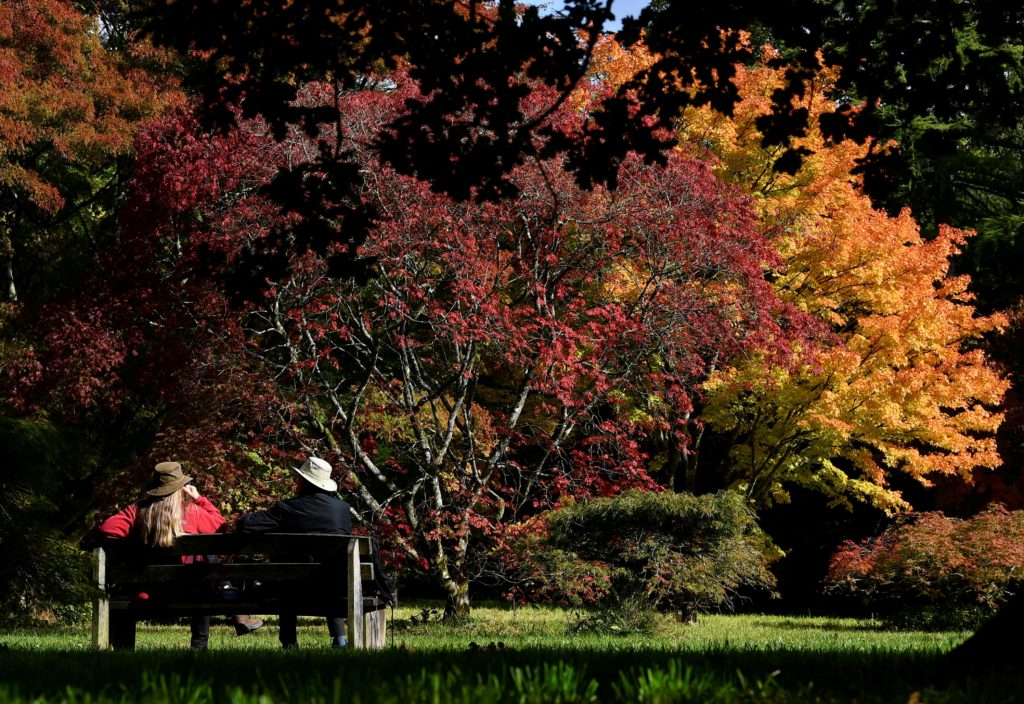The title of the book in Spanish is slightly misleading. This is not a memoir (even a fictional one), but a narrative, written in the third person. The story begins when Viejo Hierbas (that's what the local kids call the protagonist of the book) is already an old man. Memories and reflections are interspersed, in a tone at once tender, almost naive, and loaded with a subtle irony, as English as the gardener.
Book

Although it may seem a light work, in reality it delves into some very deep fields. In the first place, it shows a profession that, as Higinio Marín says, we would do even if we had to pay for it. In reality, Old Herb seemed doomed to be a peasant, like all the young men of his village. However, he soon felt the attraction of gardening. As a child, the farmer with whom he was to work sent him to help his wife with the house garden. Everything had to be watered manually... "After hauling buckets of water until he was barely standing, he asked if he could come back the next afternoon.
-Bless you," said the farmer's wife, "of course you can come back tomorrow.
And when he blessed the boy for the second time in one afternoon, he meant it. He offered him the customary penny, but the little gardener refused.
-But why? -asked the astonished woman.
-Because I like to come," he replied.
According to his philosophy, working meant doing something you didn't want to do, and the only thing you got paid for was working." (pp. 49-50). Similarly, when he enters Mrs. Charteris's garden (to which he will devote his entire life), he encounters a problem. When he tries to continue his work at the end of the day, she prevents him from doing so: "-I can't have you working day and night. What would people say? They'd call me exploitative. You should be having fun.....
Apparently, they were after him again. Why didn't they care? Why didn't they leave him alone? He wasn't hurting anyone. Why did you have to stop doing something you like because it's called work, and start doing something you don't like because it's called fun?" (p. 80).
The book is, therefore, an approach to the "gustoso work" of which Juan Ramón Jiménez wrote beautifully. It is not only for money that men work. Gardening, like so many other vocational professions, requires a good dose of initiative and creativity, "appeals to the mind and heart rather than the pocketbook." (p. 90). On the other hand, it is a profession that allows for inhabit the world in the noblest sense of the term, making it one's own: "As long as he was responsible for the garden he contemplated, he never felt like a worker being paid a salary. He felt it was his, and in a way it was." (p. 11).
In addition to the subjective dimension of work, the life of the Old Herb uncovers small treasures of domestic wisdom (common sense), which in the hurried world in which we live is sometimes a little more difficult to learn. Like the need to adapt to the rhythms of reality, which are not always our own. With fine irony, Arkell writes: "Right out of the gate, he had to learn the lesson that every gardener learns: the flowers never come out all at the same time. Either you're too late or you're too early. The flowers you grow today are never as beautiful as the ones you grew yesterday and will grow again tomorrow. The gardener is a frustrated being for whom flowers never sprout at the right time. In everything around him he sees change and decay. It's all very sad, and how gardeners manage to get by in the face of such adversity is one of those things that no one will ever understand."(p. 37). A drama that is balanced with so many satisfactions, because "gardening may be the most exasperating occupation in the world, but it gives as much as it demands, no more and no less." (p. 65).
Finally, the novel is interesting for the era - for the change of time - that it describes. Old Herb's life spans the passage from the 19th to the 20th century, and he is an old man after World War II. He lives, thus, the radical transformation of a world. From the Victorian era, where tradition ruled everything and novelty was almost forbidden, to a time when the authority of the elders is worthless. And he always seems to get the worst of it, for he is young at a time when the elders ruled everything ("that was the way things were in those days: the old men held on to their lucrative jobs until the young men were almost retirement age." p.97); and he is old when it is the opinion of the elders that does not matter... How to stop being the one who rules a garden and yet not lose an iota of dignity or authority? How to pass on the baton joyfully, without feeling humiliated? How the author solves this little dilemma is best left to the readers who might be interested in the book. To avoid the spoiler.








